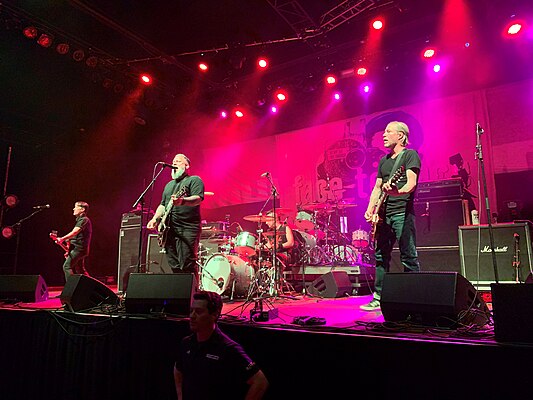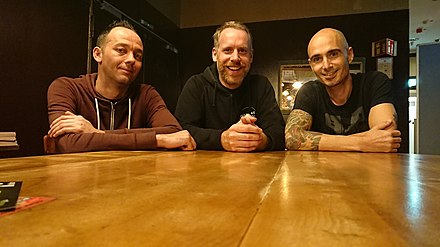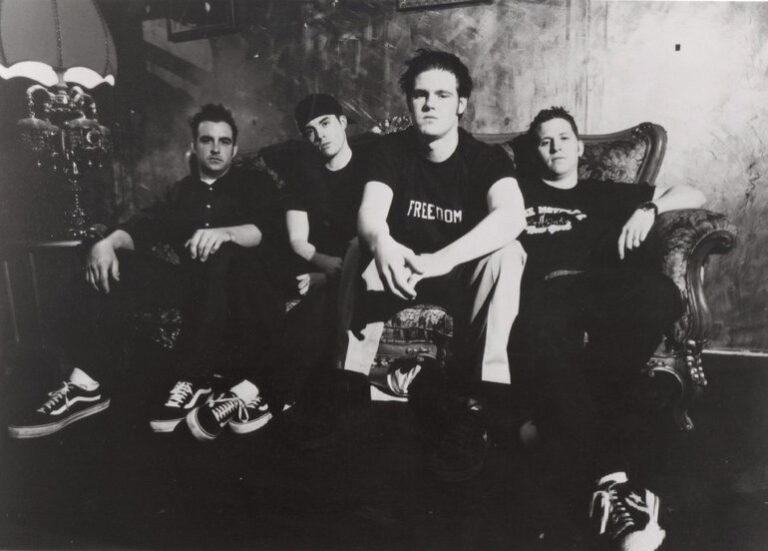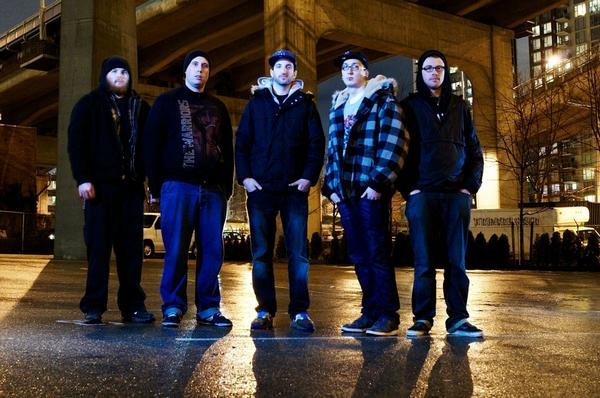Operation Ivy
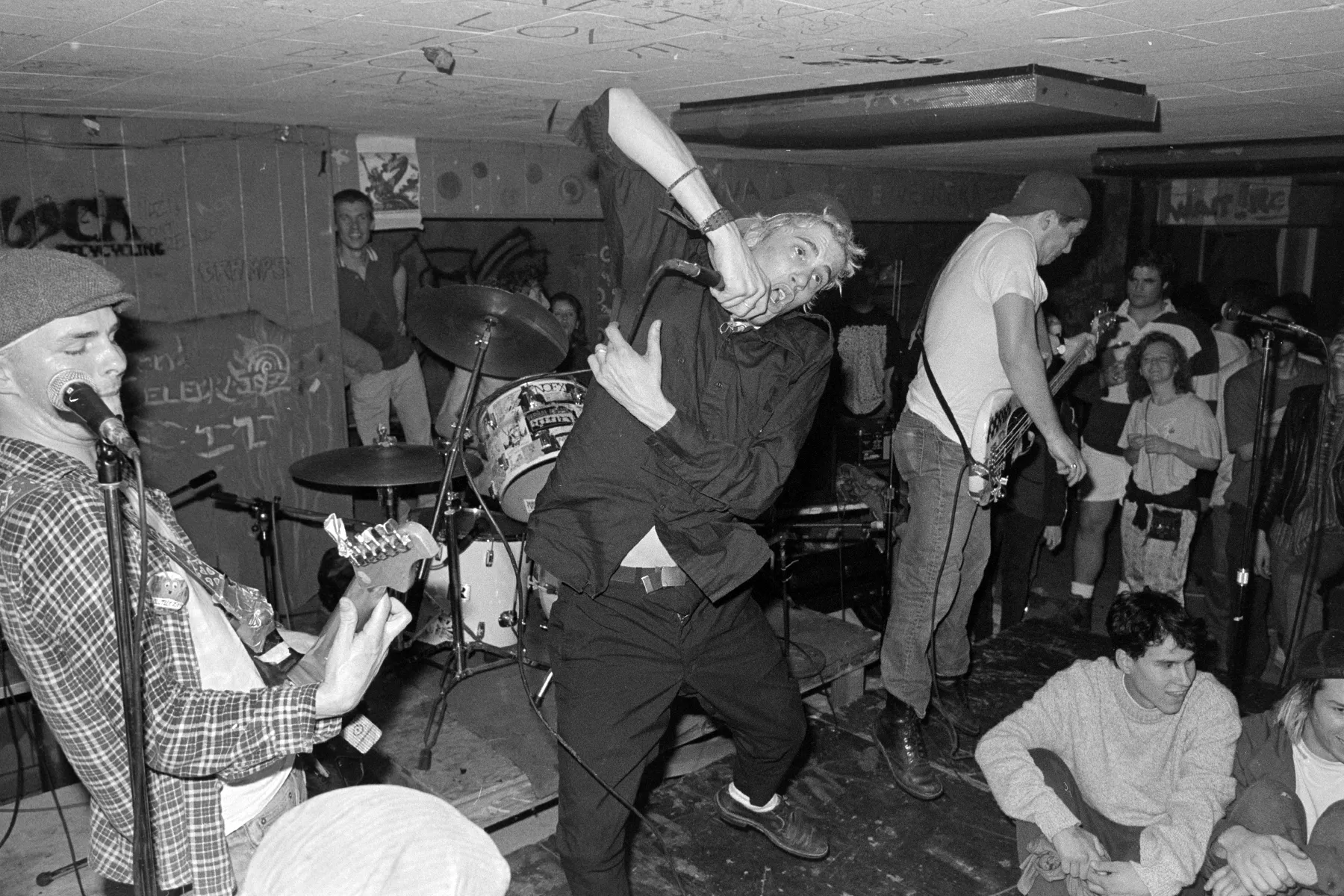
Operation Ivy, a seminal punk rock band hailing from Berkeley, California, emerged in May 1987 and played a pivotal role in shaping the punk scene, contributing to the rise of Lookout Records and influencing what would be known as the “East Bay Sound.”
Band Formation and Name Origins:
Formed by Jesse Michaels (lead vocals), Tim “Lint” Armstrong (guitar, vocals), Matt “McCall” Freeman (bass, vocals), and Dave Mello (drums), Operation Ivy took its name from the Operation Ivy nuclear tests in 1952. The band’s moniker had previously belonged to the original name of another Berkeley punk group, Isocracy.
Early Performances and Rise to Cult Status:
The band’s debut live performance on May 27, 1987, in Dave Mello’s garage marked the beginning of a tradition of performances at the 924 Gilman Street punk collective center in Berkeley. Operation Ivy quickly garnered a cult following, with their energetic mix of hard-edged ska and thrash, as noted by Joy Aoki of Flipside Magazine after witnessing one of their shows in Southern California.
Recording and Label Signings:
In October 1987, Operation Ivy made their recording debut with a track on the Maximumrocknroll compilation album “Turn It Around!”. January 1988 saw the release of their debut 7-inch record, “Hectic,” under Lookout Records. Despite the band’s success and offers from major labels, Operation Ivy chose to disband in May 1989, preserving their independent principles.
Legacy and Influence:
Operation Ivy’s only studio album, “Energy,” released in March 1989 through Lookout Records, solidified their place in punk history. The album, later certified gold by the RIAA, showcased the band’s dedication to social justice themes. Despite their short-lived career, Operation Ivy’s influence persisted, evident in the numerous covers of their songs by artists on the 1997 tribute album, “Take Warning: The Songs of Operation Ivy.”
Post-Operation Ivy Ventures:
After the breakup, members pursued various musical projects. Tim Armstrong and Matt Freeman joined Rancid, among other bands, while Jesse Michaels resurfaced with projects like Big Rig and Common Rider. Drummer Dave Mello continued his musical journey with bands like Schlong and Kicker.
Leaving Lookout and Reissues:
In 2006, Energy was removed from Lookout Records’ catalog due to unpaid royalties, and in 2007, Epitaph Records subsidiary Hellcat Records reissued Operation Ivy’s compilation album with remastered audio. The band’s departure from Lookout Records mirrored the moves of other punk acts like Green Day and Screeching Weasel.
Reunions and Beyond:
While the possibility of an Operation Ivy reunion seems unlikely, members have occasionally reunited on stage. In 2013, Armstrong and Michaels collaborated on a song, and in 2023, along with drummer Joey Castillo, they formed the band DOOM Regulator. The group released their first single, “Raid,” showcasing a continued commitment to forward-looking musical endeavors.
Members:
- Jesse Michaels – lead vocals
- Tim “Lint” Armstrong – guitar, backing and lead vocals
- Matt “McCall” Freeman – bass, backing vocals
- Dave Mello – drums, backing vocals
Discography Highlights:
- 1988: “Hectic” (Lookout Records) – Debut EP
- 1989: “Energy” (Lookout Records) – Original 19-song LP
- 1991: “Operation Ivy” (Lookout Records) – 27-song reissue including Hectic and Turn It Around! tracks
- 2007: “Operation Ivy” (Hellcat Records) – Remastered re-release of the 1991 version of Energy, including Hectic EP and compilation tracks.
Operation Ivy’s legacy extends to bootlegs and unreleased material, offering fans additional glimpses into the band’s creative process and live performances.
Operation Ivy’s impact on punk music remains enduring, with their uncompromising spirit and distinctive sound leaving an indelible mark on the genre.

